Everything related to scalping please post here.
Scalping = Trading strategies in which goods or securities are bought and sold for small, short-term, profit during a trading session, rarely carrying a trading position to the next day.
Scalping - by investopedia
Definition of 'Scalping'
A trading strategy that attempts to make many profits on small price changes. Traders who implement this strategy will place anywhere from 10 to a couple hundred trades in a single day in the belief that small moves in stock price are easier to catch than large ones.
Investopedia explains 'Scalping'
Traders who implement this strategy are known as scalpers. The main goal is to buy (or sell) a number of shares at the bid (or ask) price and then quickly sell them a few cents higher (or lower) for a profit. Many small profits can easily compound into large gains if a strict exit strategy is used to prevent large losses.
Scalping is a very short term trading style, and despite its odd name, it is quite a popular trading style among professional traders. Scalping is the shortest term style of trading (even shorter than day trading), and is so named because it attempts to make many small profits throughout the trading day.
Scalping is Technical Analysis
Scalpers are always technical analysis traders (as opposed to fundamentals traders), but they can be either discretionary or system traders. Discretionary scalpers will make each trading decision in real time (albeit very quickly), whereas system scalpers will follow a scalping system without making any individual trading decisions. Scalpers primarily use the market's prices to make their trading decisions, but some scalpers also use one or more technical indicators (e.g. moving averages).
Scalping Timeframes
Scalping chart timeframes, and the amount of time that each trade is active, are the shortest of all of the trading styles. For example, a day trader might use a five minute chart, and make four or five trades per trading day, with each trade being active for thirty minutes. In contrast, a scalper might use a five second chart (where each price bar represents only five seconds of trading), and make twenty or thirty trades per day, with each trade being active for only two minutes.
Scalping Techniques
As with any other style of trading, there are many different methods of scalping. The most well known scalping technique is to use the market's time and sales to determine when and where to make trades. Scalping using the time and sales is sometimes referred to as tape reading, because the time and sales used to be known as the tape. Other scalping techniques are similar to other trading styles in that they use bar or candlestick charts, and determine when and where to make trades using price patterns, support and resistance, and technical indicator signals.
Scalping Psychology
Scalping is most suitable for a specific type of trading personality. Scalpers must be very disciplined, especially in the case of system scalpers, as they must be capable of following their trading system precisely no matter what. Scalpers must be able to make decisions without any hesitation, and without questioning their decisions once they have been made. However, scalpers must also be flexible enough to recognize when a trade is not proceeding as expected (or hoped), and take action to rectify the situation (i.e. exit the trade).
To Be or Not To Be a Scalper?
If you are a position trader that uses daily charts, and makes your trading decisions over the course of an entire evening, you are most likely not going to make a good scalper. However, if the thought of waiting several days for your next trade drives you insane, then perhaps scalping would be suitable for you. Scalping can appear easy because a scalper might make an entire day's profit within a few minutes. However, this is an illusion, and in reality scalping can be very difficult because there is very little room (read as no room) for error. If you do decide to try scalping, make sure that you do so in simulation, until you are consistently profitable, and are no longer making any beginning mistakes (such as not exiting your trades when they move against you).


 31Likes
31Likes LinkBack URL
LinkBack URL About LinkBacks
About LinkBacks










 Reply With Quote
Reply With Quote
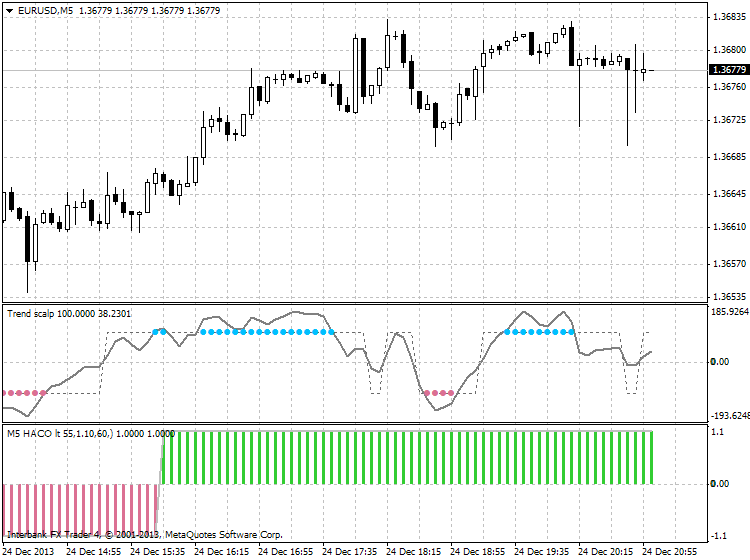
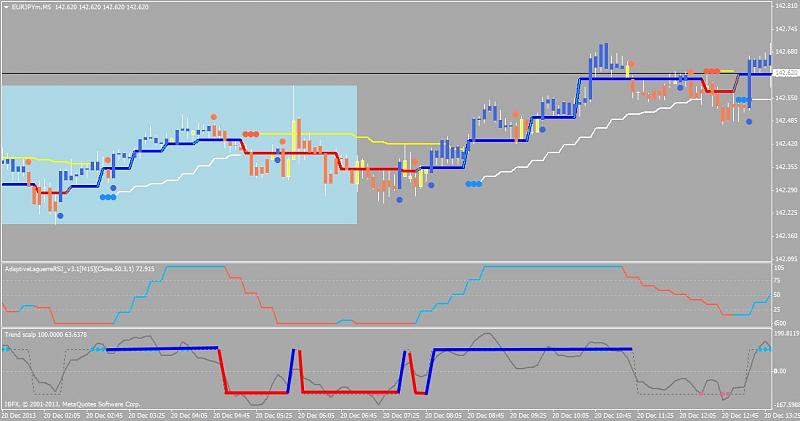

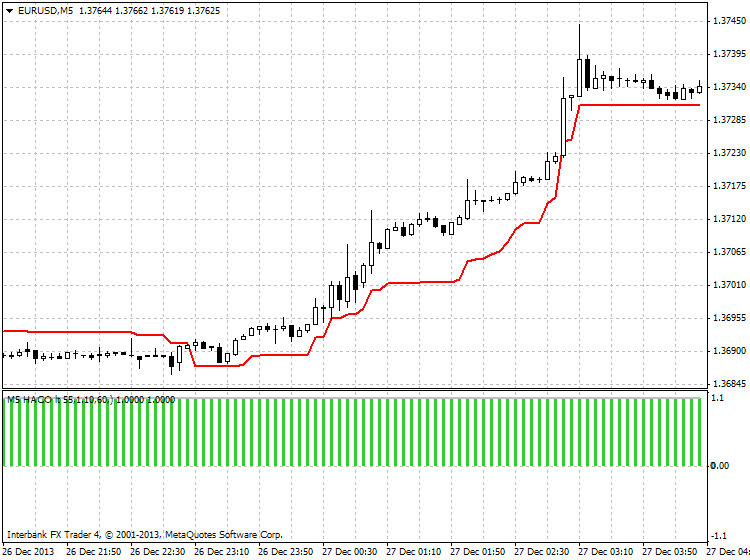
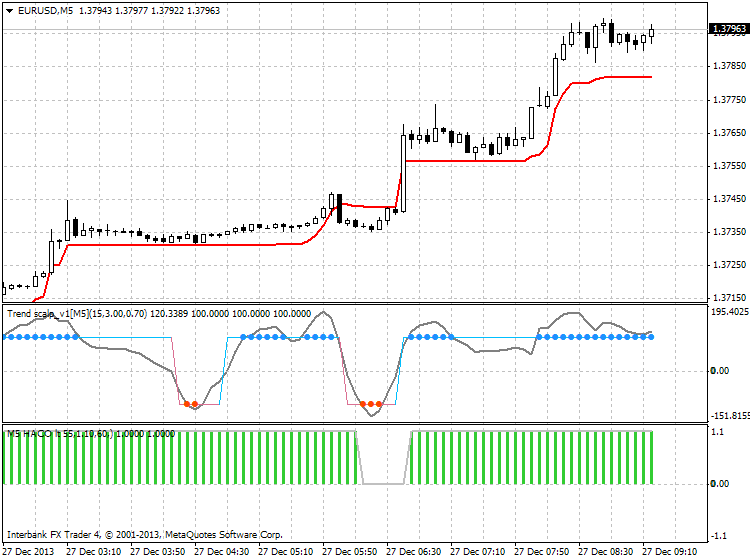
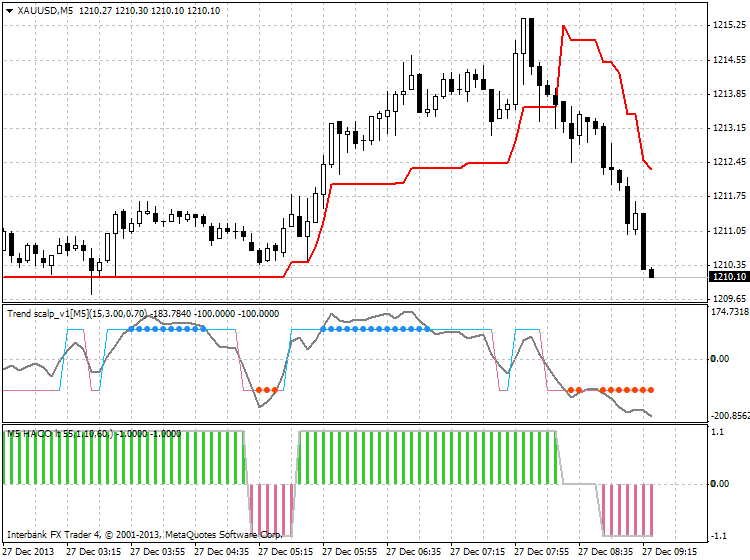


Bookmarks